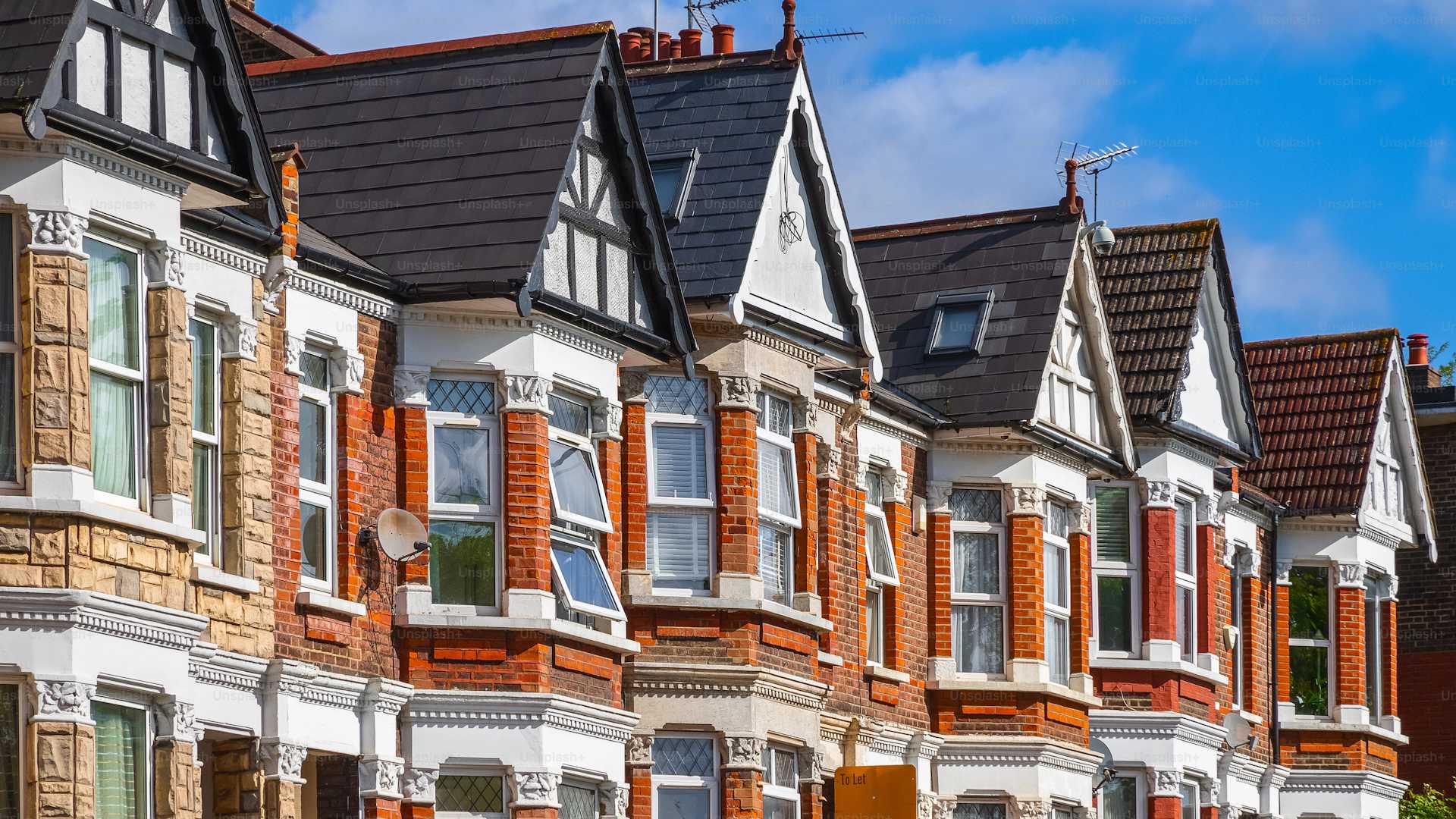
Frequently Asked Questions
Find answers to the most common questions we receive about housing disrepair claims. If your question isn’t answered here, please don’t hesitate to contact us.
See How Much You Could ClaimGeneral Questions about Disrepair Claims
It is a legal process a tenant can take against their landlord to force them to carry out necessary repairs and to claim compensation for the period they have lived with the disrepair and for any damaged belongings.
The most important thing is proof that you have reported the disrepair issues to your landlord and that they have failed to act. Evidence such as emails, letters, photos of the disrepair, and receipts for damaged items are all very helpful.
No. It is illegal for a landlord to evict you as revenge for making a legitimate disrepair claim. This is called a ‘retaliatory eviction’ and the law protects you. If you are a social housing tenant, you have very strong security of tenure.
Generally, you have up to six years to make a claim from the date you first reported the disrepair to your landlord and they failed to act. You can even make a claim after you have moved out of the property.
Landlord’s Responsibilities
Your landlord is responsible for the structure and exterior of your home (e.g., roof, walls, windows), as well as the installations for sanitation (toilets, sinks), and the supply of utilities like water, gas, and electricity, including heating systems. Additionally, since 2019, the Homes (Fitness for Human Habitation) Act requires landlords to ensure the property is fit to live in throughout the tenancy, considering factors like damp and mould, excess cold or heat, ventilation, and potential hazards.
The law states repairs must be done in a ‘reasonable’ amount of time. This varies depending on the issue. An emergency like a total loss of heating in winter should be dealt with within 24 hours, while less urgent repairs may have a longer timeframe.
This is a common defence. Even if a landlord argues a problem like condensation is your “lifestyle”, they are often still liable if the property lacks adequate ventilation or insulation. Expert surveyors can determine the true cause of the disrepair.
Yes, absolutely. Social landlords have the exact same legal responsibilities as private landlords to keep their properties in a good state of repair. We have extensive experience in connecting tenants with solicitors for successful claims against social housing providers.
Compensation & Costs
It means you pay nothing to start your claim and nothing if your claim is unsuccessful. The legal fees of the appointed solicitor are recovered from your landlord if you win. They will then deduct a success fee from your compensation, which is capped at a pre-agreed percentage. You can learn more on our No Win, No Fee page.
Compensation is primarily calculated as a percentage of your rent, reflecting the severity of the disrepair and how much of your home was affected. It is awarded for the entire period you lived with the problem after reporting it. You can also claim for damaged items and other financial losses, so a severe, long-term case could be worth thousands of pounds.
Yes. If your health, or the health of your family, has been made worse by the disrepair (e.g., respiratory problems from damp and mould), this can form part of your claim as a ‘personal injury’ element. Medical evidence, such as a letter from your GP, is very important in these cases.
Yes. You can claim for the value of any items that were damaged or destroyed as a direct result of the disrepair, such as clothes ruined by mould, furniture damaged by a leak, or carpets that needed replacing. It is important to keep photos and receipts where possible.
The Legal Process
The first step is to contact us for a free, no-obligation assessment. We will listen to your situation and advise you on whether you have a valid claim. If you do, we will explain the ‘No Win, No Fee’ agreement and gather the initial information needed to connect you with a specialist solicitor.
Yes. A key part of the process is instructing an independent expert surveyor to visit your home. The appointed solicitor will arrange and pay for this report, which is used as formal evidence for the court, detailing the issues and the work required to fix them.
The vast majority of housing disrepair claims are settled out of court. Landlords are usually keen to avoid the extra legal costs of a final hearing. However, the solicitors we work with prepare every case as if it will go to court to ensure they are in the strongest possible negotiating position.
On average, most housing disrepair claims are settled within 6 to 12 months. More complex cases, or those where the landlord is particularly difficult, can take longer. We will always keep you fully updated on the progress of your case.
See How Much You Could Claim
Our free compensation calculator provides an instant estimate based on your rent, the issues, and how long you’ve been affected. It’s 100% confidential with no obligation.
Use The Free Calculator